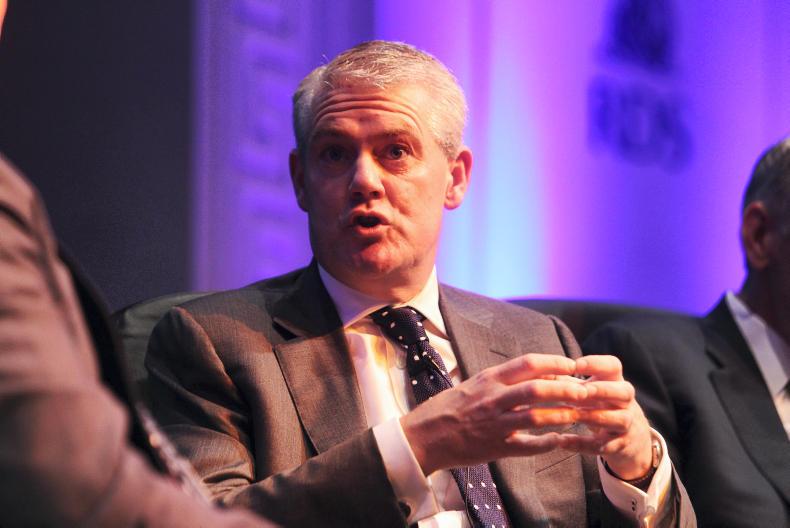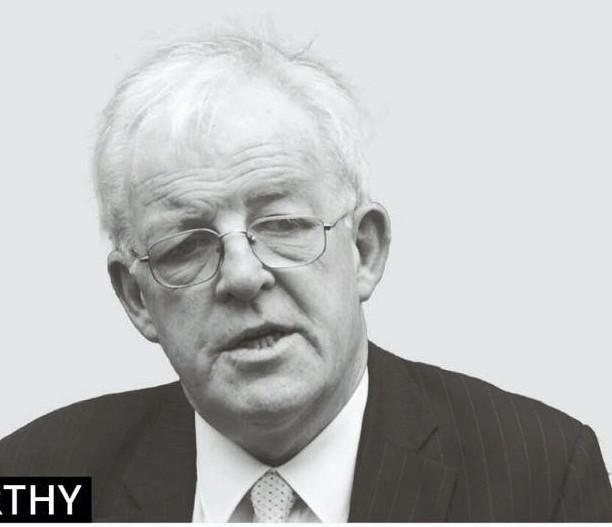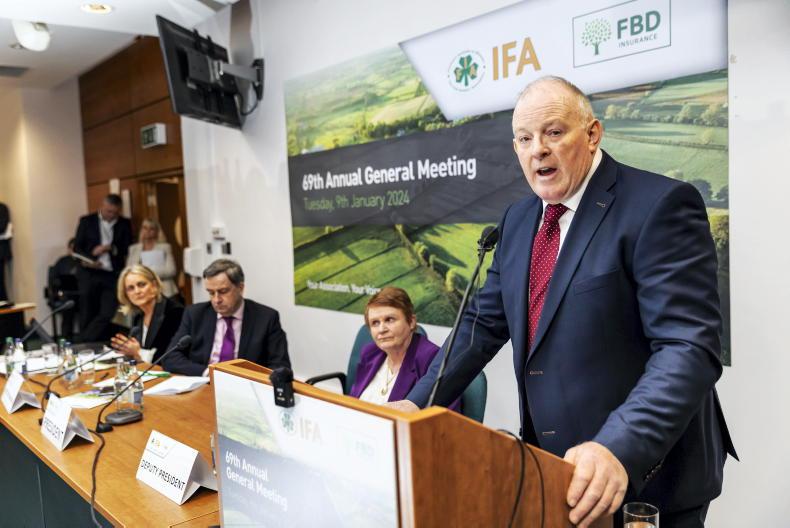There’s an absolutely fascinating article on pages 22-23 this week regarding pay levels for CEOs of agri-related plcs in 2017.
Applying the L’Oréal test (are they worth it?) is of course subjective, but that’s never stopped me before.
Firstly, let’s compare remuneration levels with executives across Irish industry (that’s pay plus bonuses plus pension payments, as all IFA watchers surely remember).
Cement Roadstone Holdings is the largest company quoted on the Irish Stock Exchange; its CEO Albert Manifold received over €8.5m last year. Tesco is worth almost €20bn; its CEO got €4.1m. Ryanair is as big as Kerry and Glanbia combined, with Michael O’Leary receiving €3.2m.
Compared to this, the €1.9m Siobhan Talbot of Glanbia gets looks proportionate.
The €4.885m Stan McCarthy received may in part have been recognition of his impending departure and again seems in line with other Irish CEOs, considering the scale of the company.
Another view is to acknowledge that the salary cap on the banks has not seen them forced into appointing interns as their CEOs. Richie Boucher earned less than €1m for his well-regarded stewardship of Bank of Ireland in 2016, with David Duffy paid €624,000 for his role in AIB. Francesca McDonagh was happy to succeed Boucher on similar remuneration levels.
That makes the previously mentioned figures look high, and perhaps throws a less flattering light on the €1.65m Patrick Coveney gets from Greencore and the €1.05m FBD’s Fiona Muldoon receives.
A third view is to compare average pay levels to the CEOs. You might want to sit down for this bit. According to the Irish Congress of Trade Unions, it would take 88 years for an average worker to earn what Patrick Coveney did in 2016, and 98 years to match Stan McCarthy’s earnings.
Put another way, if a person joined such a company straight from college, and worked their whole career their until 65, earning the average wage, they would only be halfway to receiving in real terms what their CEO got for one year’s work. And farmers consistently earn below the average industrial wage.
In other news, it turns out that Stan McCarthy is receiving a 12-month “non-compete” payment of €1.3m – over €100,000 a month. This is essentially the corporate version of set-aside payment for the absence of production.
We now know the price of loyalty, as such non-compete payments are essentially to make sure the departing executive doesn’t use their knowledge against their former company for a competitor.











SHARING OPTIONS